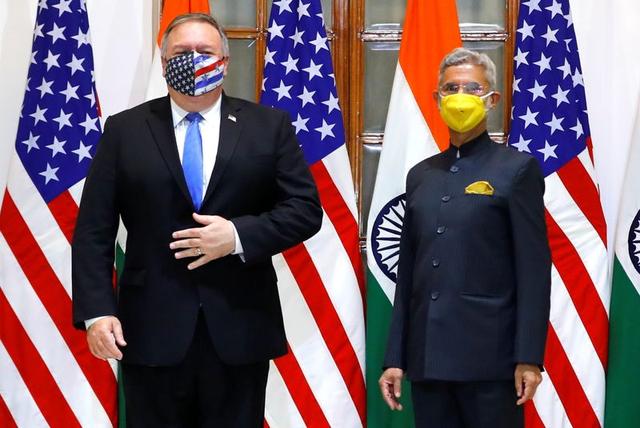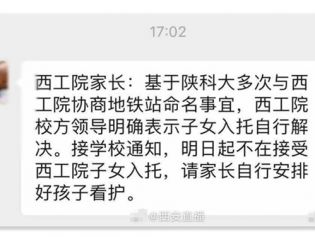Just a week ahead of America's presidential election, senior U.S. officials stepped up their anti-China message – widely pushed by the Trump administration – during a visit to India, a move that quickly drew opposition from Beijing.
In addition to signing military expansion deals with their Indian counterparts, U.S. Secretary of State Mike Pompeo and defense chief Mark Esper also paid tribute to the soldiers who had reportedly died in the military standoff with China earlier this year.
"The United States will stand with the people of India as they confront threats to their freedom and sovereignty," Pompeo said. "Our leaders and our citizens see with increasing clarity that the Chinese Communist Party is no friend to democracy, the rule of law, transparency, nor to freedom of navigation – the foundation of a free and open and prosperous Indo-Pacific."
Later in a meeting with Indian Prime Minister Narendra Modi, Esper called for deepening ties between the two countries. That, he said, is particularly important "in light of increasing aggression and destabilizing actions by China."

The remarks invoked the ire of Beijing. On Tuesday, the Chinese Embassy in India issued a statement on its website, calling out the two U.S. officials and urging Washington to "stop the wrong actions."
"The 'Indo-Pacific strategy' proposed by the U.S. is to stir up confrontation among different groups and blocs and to stoke geopolitical competition, in a bid to maintain the dominance of the U.S., organize closed and exclusive ideological cliques," the statement said.
Described by the U.S. government as "an ironclad and enduring commitment to" the region that spans from the Pacific Ocean to the Indian subcontinent, Washington detailed in 2019 a thorough plan in regards to diplomatic, economic, governance and security sectors in the area.
"The Indo-Pacific strategy lost its economic backbone after the U.S. withdrew from the Trans-Pacific Partnership Agreement," commented Sun Chenghao, an assistant research fellow at the Institute of American Studies at the China Institutes of Contemporary International Relations. "Although the U.S. promised to invest $113 million in new technology, energy and infrastructure and $25 million to expand U.S. technology exports to the region, the shift of U.S. trade strategy from multilateralism to bilateralism and unilateralism will continue.
"The U.S. Secretary of State Michael Pompeo and other senior official repeated old lies, attacked and made allegations against China, violated the norms of international relations and basic principles of diplomacy, instigated China's relations with other countries in the region, which once again exposed their Cold War mentality and ideological bias," read the statement.
"The leadership of the Communist Party of China (CPC) is the choice of history and the people," the statement said.
In the release, Beijing reaffirmed its uphold for multilateralism, while urging Washington to "abandon the Cold War and zero-sum mentality, and stop hyping up the so-called 'China threat' [theory]."
中国公共网摘编:GAN JADE |



































